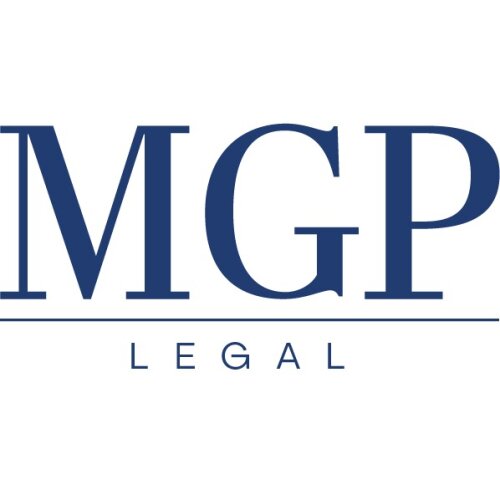Best Franchising Lawyers in Florence
Share your needs with us, get contacted by law firms.
Free. Takes 2 min.
List of the best lawyers in Florence, Italy
About Franchising Law in Florence, Italy
Franchising is a popular business model in Florence, Italy, where a franchisor grants a franchisee the rights to use their brand, trademarks, and business model in exchange for fees and ongoing royalties. Franchising offers opportunities for entrepreneurs to start their own businesses with the support and reputation of an established brand. However, it is important to understand the legal aspects of franchising to protect your interests and ensure compliance with local laws.
Why You May Need a Lawyer
Seeking legal advice from a lawyer experienced in franchising can be crucial in several situations:
- Reviewing and negotiating franchise agreements
- Drafting or amending franchise agreements
- Resolving disputes between franchisors and franchisees
- Understanding and complying with local laws and regulations
- Protecting your intellectual property rights
Local Laws Overview
Franchising in Florence is governed by various laws and regulations that protect the interests of both franchisors and franchisees. Here are some key aspects:
- The Italian Civil Code: Provides the general legal framework for franchising contracts and obligations.
- The Consumer Code: Includes provisions that protect franchisees, such as pre-contractual disclosures, cooling-off periods, and unfair contract terms.
- The Antitrust Law: Ensures fair competition in franchising and prohibits anti-competitive conduct.
Frequently Asked Questions
1. Can a franchisor terminate a franchise agreement without a valid reason?
No, unless otherwise specified in the franchise agreement, a franchisor cannot terminate the agreement without a valid reason. Valid reasons may include franchisee's failure to meet performance standards or breach of contract terms.
2. Do I need to register the franchise agreement with any authority?
No, there is no requirement to register the franchise agreement with any authority in Florence, Italy.
3. Can I operate multiple franchises from different franchisors simultaneously?
Yes, unless prohibited by the franchise agreement, you can operate multiple franchises from different franchisors simultaneously.
4. Can I sell my franchise to another party?
In most cases, franchise agreements allow franchisees to transfer or sell their franchise with the franchisor's consent, which is usually subject to certain conditions.
5. What happens if there is a dispute between a franchisor and a franchisee?
In case of a dispute, both parties should aim to resolve it through negotiation or mediation. If an agreement cannot be reached, arbitration or litigation might be necessary to resolve the dispute.
Additional Resources
If you need further resources or assistance regarding franchising, you may find the following helpful:
- Italian Franchise Association (Associazione Italiana del Franchising): A professional association providing information, support, and networking opportunities for franchisors and franchisees in Italy.
- Chamber of Commerce Florence (Camera di Commercio di Firenze): Offers guidance and resources related to starting and operating a franchise business in Florence.
Next Steps
If you require legal assistance with franchising in Florence, Italy, it is recommended to:
- Gather all relevant documents and information related to your franchise.
- Research and identify experienced franchise lawyers in Florence.
- Contact potential lawyers to discuss your situation and determine their expertise and fees.
- Select a lawyer who understands franchising law and has a successful track record.
- Schedule a consultation to discuss your specific needs and get appropriate legal advice.
Lawzana helps you find the best lawyers and law firms in Florence through a curated and pre-screened list of qualified legal professionals. Our platform offers rankings and detailed profiles of attorneys and law firms, allowing you to compare based on practice areas, including Franchising, experience, and client feedback.
Each profile includes a description of the firm's areas of practice, client reviews, team members and partners, year of establishment, spoken languages, office locations, contact information, social media presence, and any published articles or resources. Most firms on our platform speak English and are experienced in both local and international legal matters.
Get a quote from top-rated law firms in Florence, Italy — quickly, securely, and without unnecessary hassle.
Disclaimer:
The information provided on this page is for general informational purposes only and does not constitute legal advice. While we strive to ensure the accuracy and relevance of the content, legal information may change over time, and interpretations of the law can vary. You should always consult with a qualified legal professional for advice specific to your situation.
We disclaim all liability for actions taken or not taken based on the content of this page. If you believe any information is incorrect or outdated, please contact us, and we will review and update it where appropriate.












